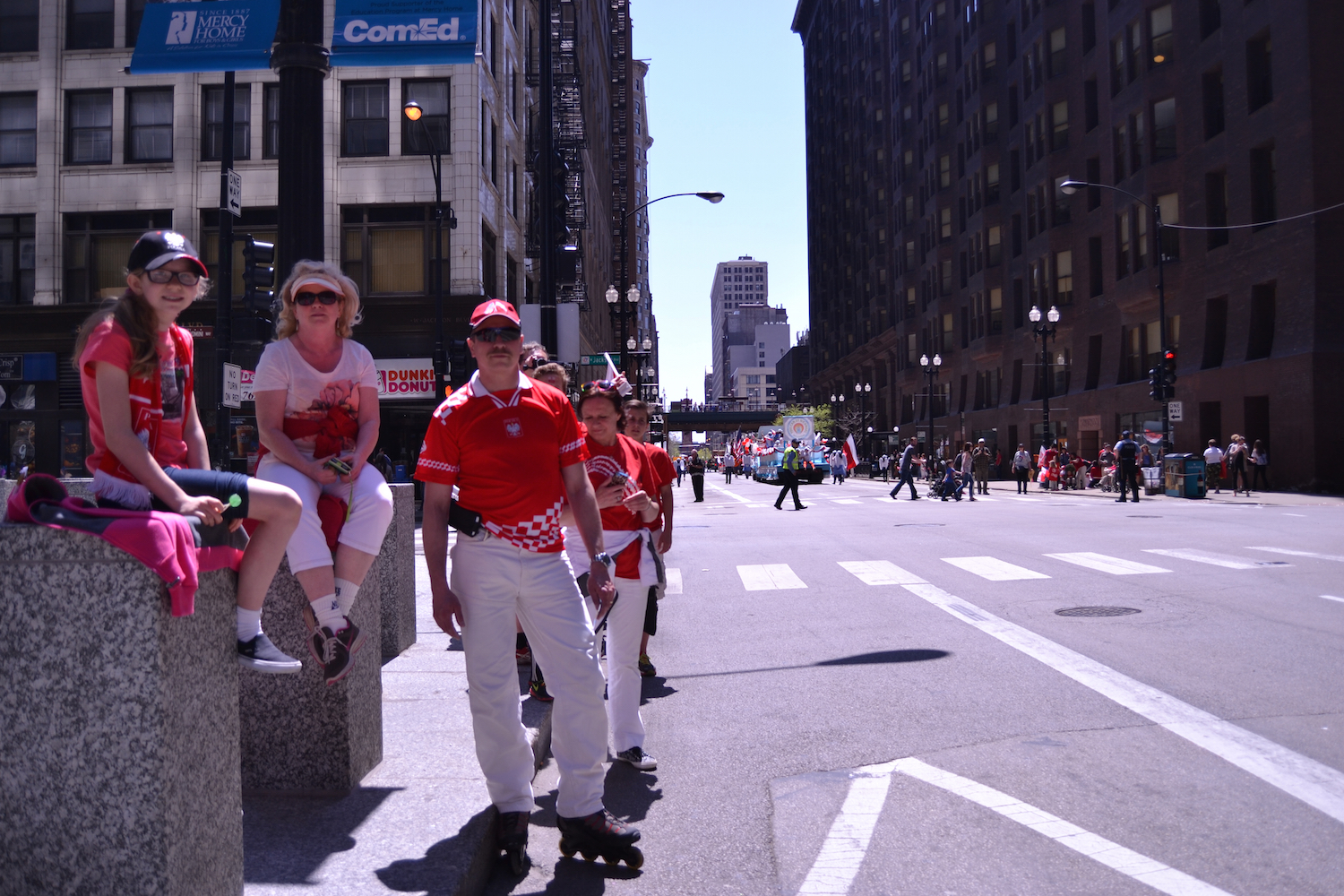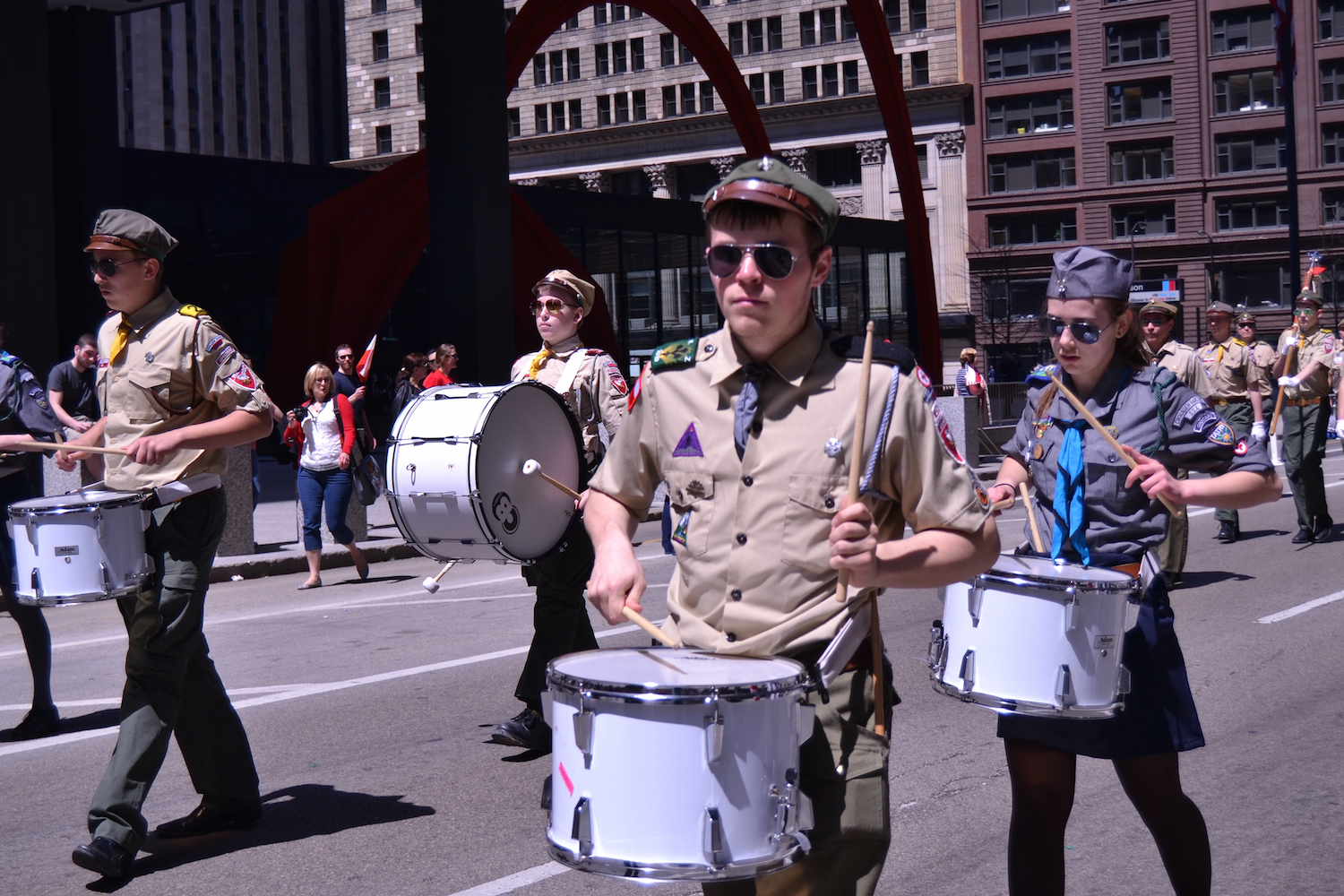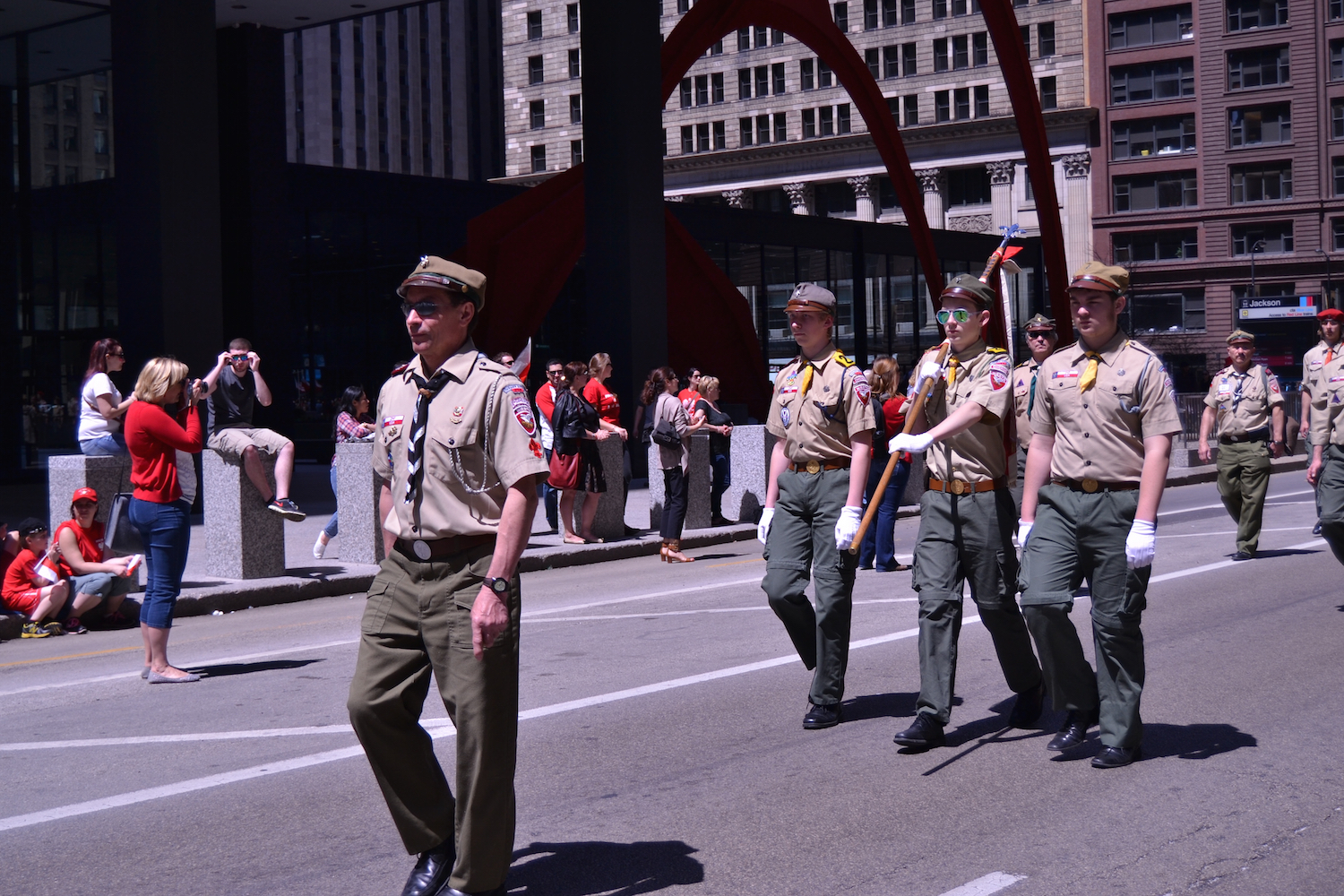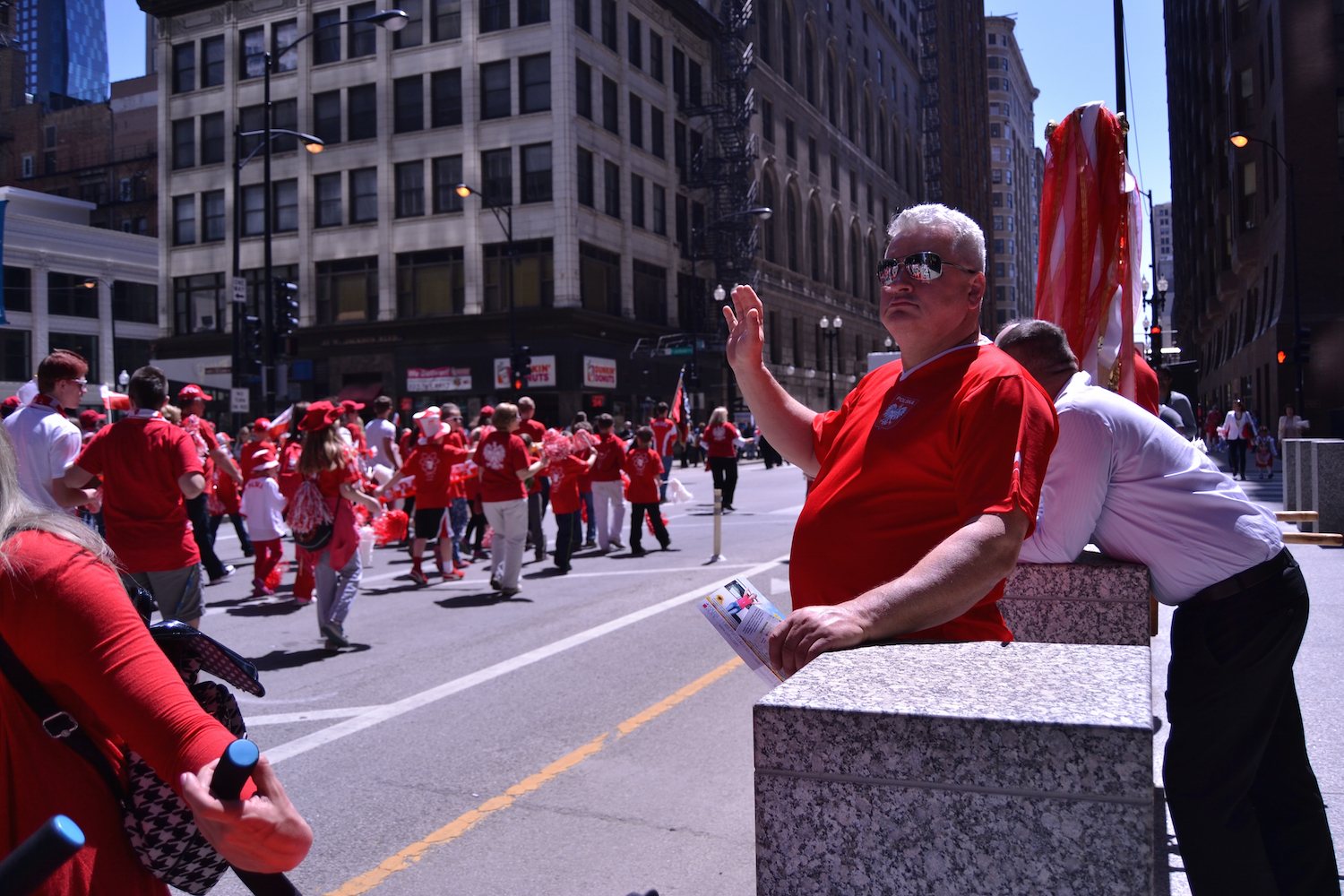The following is a short essay written in the style of The New York Times Magazine's backpage series, "Lives." Written according to series' pre-relaunch sensibility, it is a first-person account. The essay was written for "Personal Narrative," a nonfiction essay-writing course, in April, 2015.
There’s a story about me that my mom loves to tell. She’s told it to family friends and work acquaintances: She likes to bring it up when she’s feeling nostalgic or wants to make me blush. Over the years, I’ve formed a memory around it; not actual the chain of events, but the story I’ve heard a million times about a young boy also named Michael.
In the spring of 1989, when I was almost three, I had been brought next door to play with my neighbor, Lizzie, and some other kids from the neighborhood. It was sunny, but we were playing inside: The kids’ nannies —four or five twenty-somethings— set up shop around a table on a covered porch at the back of the house. The kids were out of sight, but the nannies weren’t worried. We were too small to reach a doorknob and thus deemed sufficiently wrangled. They didn’t consider that there had been contractors renovating Lizzie’s basement. Or that Lizzie’s parents normally stashed her toys down there, which must have been why I peeled away from the herd.
Once I made my way down and found plastic-wrapped walls instead of a playroom, the backyard beckoned. Sunlight shining through an open door drew me out from the dark basement.
From here I could only guess what happened, but I’m fairly certain I know the route I took: There was only one way for someone my size to safely reach my destination.
After climbing Lizzie’s steeply sloped driveway, I would have been halfway down the mild hill to the end of our street. I would’ve waddled down the sidewalk and hooked a left down the next block, a few hundred feet of open road, to reach a set of concrete stairs just off the street.
The steps would have been challenging. Each increment would have required a waist-high drop at least, without a railing in reach. I had never left home alone. Scaling stairs would have been an activity I took on with a partner: Someone who would have eased each leap from a free fall to a gravity-defying float. In the same position now, I doubt I would’ve risked it.
I didn’t shy away from it, though. I don’t know how, but I made it down without any tear inducing scrapes or bruises. From there, it was a straight shot across the parking lot to the Yonkers public library, where my parents had taken me many times.
Back at the top of the hill, the adults were about to panic.
Shortly after my departure, Mom returned home from shopping. When she came to check in and could not find me among the playing children, she found my au pair among the communing caregivers and asked the magic question:
“Where’s Michael?”
It didn’t take long for the young women to discover the open path outside. Upon finding they had built their confidence on false pretenses, the group fanned out to search the yards, front and back.
Before long, my Dad arrived home to join the search. Together my parents came up with a plan. Dad would drive around the neighborhood, while Mom called places where they’d escorted me on foot before: Nearby friends, my grandparents’ house.
As they searched, my parents feared the worst. In a time of “Stranger Danger,” hooded strangers pierced their thoughts each time they called my name.
It didn’t take long for them to find me; 20-30 minutes tops. The middle-aged woman picked up the phone at the library and, just like that, she alleviated their fears with a few words.
“There’s a boy here by himself in the children’s section,” the librarian said. “Yellow-checkered shirt, black pants, yellow sneakers?”
“He was walking around the library, telling people his name was Mickey Mouse.”
Mom cried with relief. She said, “I think that’s him,” but she knew. Even if she hadn’t dressed me that morning, she said it sounded like something I’d do: She imagined me marching around, recruiting a legion of quiet young readers into my personal choir.
“M-I-C! K-E-Y! M-O-U-S-E!”
When she got there, I wasn’t leading a parade. I sat in the children’s section, alone, drawing with crayons at a pint-sized table. I smiled. I had no idea my first field trip drove everyone in my life to the brink.
I don’t remember the version of myself my mother talks about in that story. The only one I’ve ever known feels meek and shy; I am and have always been worried about the world and what it thinks of me. The boy who dared to pursue his interests, whatever they were, and reveled in telling strangers his name was Mickey Mouse, is long gone. There are days I wish I could remember him.





























